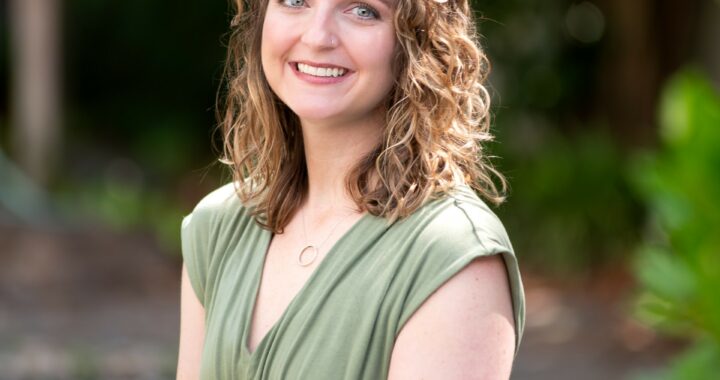Scholar Unites Academic Community
4 min readSTEPHANIE BREIJO
The University of Mary Washington kicked off its Liberales Artes higher education series last Thursday to a packed room of students and faculty in Trinkle. In her lecture, Dr. Mary Taylor Huber brought new meaning to the question, “Is ‘the glass half full’ enough?”
Huber argued to the slew of students that mediocre test scores and less-than-impressive college grades, while acceptable in higher education today, can and should be improved.
The notable student turnout was a fitting example of one of her speech’s pivotal subjects for change – advocating student activity in academics and the importance of discussing their own education.
Huber, the senior scholar at the Carnegie Foundation for the Advancement for Teaching, stressed the importance of community in her speech, “Building a Teaching Commons.”
According to Huber, the ideal teaching commons should employ a variety of settings and subjects, such as natural resources and the Internet, to better scientific and scholarly exchange between faculty and students alike.
Huber claims that a major focus on aspirations for students and the publishing/sharing of findings is key to sustaining an educational commune.
Huber, who took to the podium as the first speaker in the University’s Liberales Artes higher education series, began her speech with a question
“How many of you are students?” she asked. “This is all about you, after all.”
Over half of the room’s attendees raised their hands.
The student turnout was a specific example of one of her speech’s pivotal subjects – student activity in academics and the importance of discussing their own education.
She began by urging those students, as well as professors and faculty, to ask themselves and their institution, “Is the glass half full good enough?”
Huber, the senior scholar at the Carnegie Foundation for the Advancement for Teaching, stressed the importance of community in her speech, “Building a Teaching Commons.”
According to Huber, the ideal teaching commons should employ a variety of settings and subjects, such as natural resources and the Internet, to better scientific and scholarly exchange between faculty and students alike.
Huber claims that a major focus on aspirations for students and the publishing/sharing of findings and intellectual endeavors are both key to sustaining an educational commune.
“We owe it to others to document inquiry and innovations,” Huber said. “Come together to exchange ideas about teaching and learning and use them to meet the challenges of educating students for personal, professional and civic life.”
Referencing educational tools like the Internet, Huber stressed the importance of re-examining higher education and means for improvement in such an innovative time.
“This is a really exciting time to be teaching higher education,” Huber said. “Students are more diverse, we have new technology leading to new discoveries of all types of life – especially in teaching…I think it would be hard to not find a teacher who has been affected by these changes. There are teachers everywhere making advances both in and out of the classroom.”
Many UMW students were interested in Huber’s ideas, staying over half an hour past the speech’s end to ask questions of the scholar/author.
Shannon Hauser, a sophomore History major felt the topic was important for students in all areas of focus.
“I felt there needed to be a conversation for a while about higher education in general and I don’t think students have really been involved in that conversation,” Hauser said. “I felt it very important for them to be brought in because we might be the guinea pigs in the experiments for change. If students aren’t even involved, how much does it mean? I think it’s important this conversation is even going on.”
Dr. Steve Greenlaw, professor of Economics and a founder of the Liberales Artes series, viewed Huber’s speech and the series itself as a proposal and inspiration for educational growth and change.
“Tonight was sort of the theory and philosophy behind the teaching commons,” said Greenlaw. “But [Huber] also has experience in institutional change and actually making these things happen and I think that’s really where we need to go next. In an ideal world, we would talk about [the commune] and we would get a majority of the faculty and a majority of the students to actually engage in these issues and talk about where we want to go as an institution in the future.”
With the University’s new academic curriculum and centennial around the corner, Greenlaw believes that these are times that will yield beneficial change in higher education for the University.
“I think we have a real opportunity,” Greenlaw said. “We have a new president coming in, we’ll be beginning our second hundred years – if we’re not going to do it now, when are we going to do it?”
Huber acknowledges the difficulties in a new and innovative teaching system but believes that they are necessary to ensure a more stimulating educational experience.
“Achieving continued teaching velocity will require responsibility,” Huber said. “It’s only by action that we are going to widen the information available in higher education for both students and teachers.”


